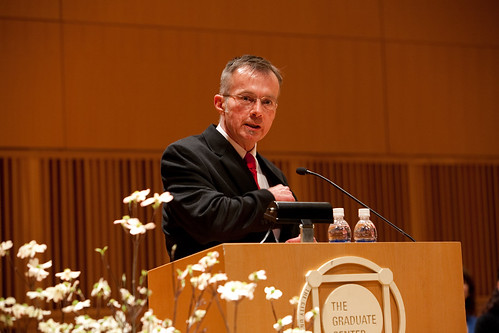 ‘I found myself, at the age of forty-five, feeling trapped and dissatisfied with a factory job that I’d held for twenty-seven years (I ended up staying thirty-two years). Don’t get me wrong, it was a good job, but I wanted to do something else with the rest of my life.
‘I found myself, at the age of forty-five, feeling trapped and dissatisfied with a factory job that I’d held for twenty-seven years (I ended up staying thirty-two years). Don’t get me wrong, it was a good job, but I wanted to do something else with the rest of my life.‘Since I didn’t really know how to do anything except factory work, and maybe because I loved to read, I decided to try to learn how to write, figuring that at least it wouldn’t cost anything other than time and a few reams of paper and a typewriter. Also, being a person who feels somewhat-to-very uncomfortable around groups of people and most “social” situations, writing appealed to me because of its solitary nature.
‘I would like to add that I was extremely naïve when I started. I thought that writing must be fairly easy and that you made a lot of money. Fortunately, by the time those two illusions were smashed, I’d already started to love sitting at the keyboard staring at the wall for hours at a time.’
Donald Ray Pollock is the author of Knockemstiff. A graduate of the MFA program at Ohio State University, he was the winner of the PEN/Robert Bingham Award in 2009. He was recently awarded a grant from the Ohio Arts Council. His work has appeared in publications including the New York Times, Berkeley Fiction Review, PEN/America, Washington Square Review, and Epoch. Visit his website here.
* More about 'Why I Write'.











